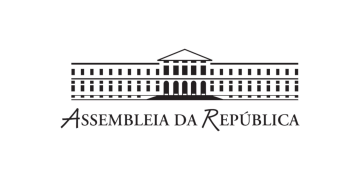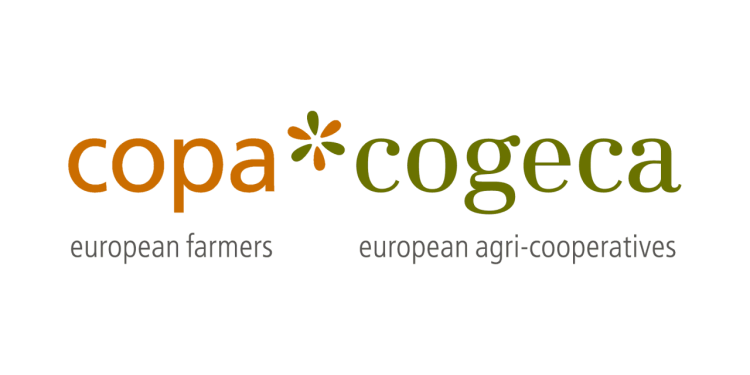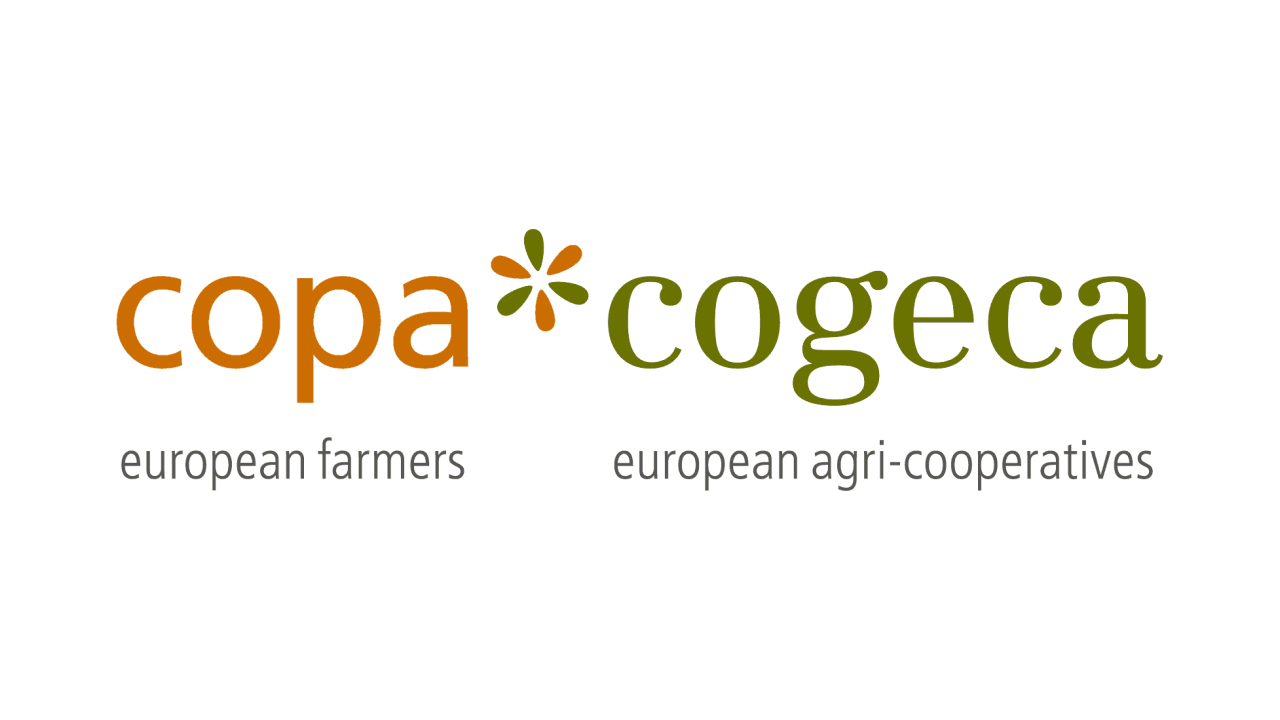Our organisations take note of today’s Commission proposal on the ratification of the EU–Mercosur Partnership Agreement and its accompanying plan to operationalise the bilateral safeguard mechanism. While this initiative clarifies certain aspects of safeguard implementation, critical questions remain over how such a unilateral legal act would be voted on, enforced, and accepted by Mercosur countries as a binding commitment by the Commission.
Beyond this addition, our longstanding concerns remain unchanged — particularly the divergences in production standards and the sustainability challenges which represent the core and unresolved problem of this agreement. The Commission may insist it has “listened to farmers,” but facts indicate clearly that EU agriculture continues to be treated as a bargaining chip in trade negotiations.
The same pattern evident in the recent U.S. arrangement risks being repeated in ongoing trade talks with other third countries. Sensitive agricultural sectors already under pressure risk suffering unbearable cumulative impacts.
This push for ratification comes at a time of great uncertainty in European agricultural policy. Key decisions on the future of the Common Agricultural Policy (CAP) and the Multiannual Financial Framework (MFF) are still pending. Yet the Commission is already promising a ‘safety net’ for the EU–Mercosur agreement — an assurance that lacks credibility and only adds to the existing confusion.
We are also deeply concerned by the ratification process envisaged by the Commission with its “split agreement” approach. While trade is indeed an exclusive EU competence, bypassing national parliamentary scrutiny on such a politically and economically sensitive deal undermines democratic legitimacy and amounts to a political push-through. Given the initial negotiating mandate and the far-reaching implications for European agriculture, national parliaments should also be consulted.
Our sector’s sensitivities, sustainability efforts, production standards, and the trust of citizens must be fully respected and protected. This agreement fails to meet these requirements. We therefore urge the Council and MEPs to reject the Commission’s proposal.
Fonte: Copa and Cogeca

























































